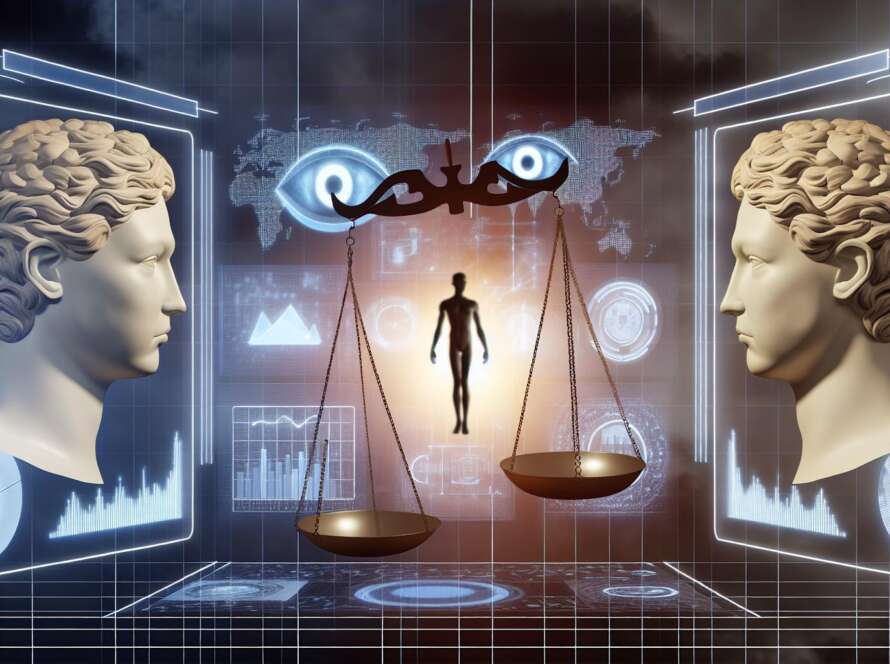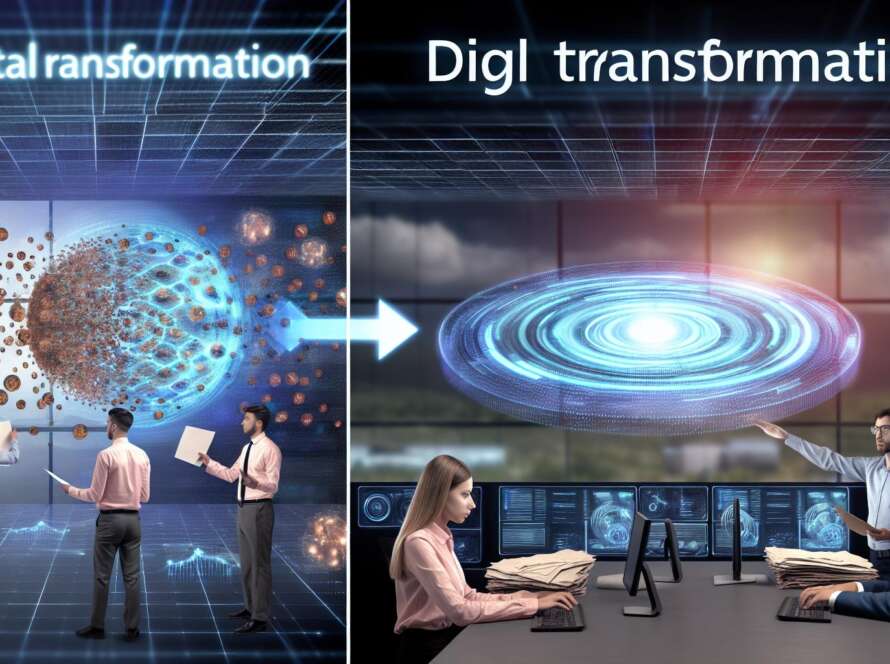Unlocking the mysteries of the universe has always been a monumental task for scientists, requiring innovative approaches and cutting-edge technology. In the realm of physics, researchers are now turning to generative artificial intelligence (AI) to tackle the most complex questions and unravel the secrets of the cosmos. By harnessing the power of AI, scientists are not only pushing the boundaries of our understanding of the universe but also revolutionizing the way we approach scientific research. Scientists are now using generative AI to unlock the mysteries of the universe, revolutionizing the field of physics and harnessing the power of artificial intelligence for groundbreaking discoveries. This cutting-edge technology is paving the way for the future of scientific inquiry, with profound implications for physics research.
Generative AI is enabling researchers to explore complex questions in physics that were previously insurmountable. By using advanced algorithms, scientists are able to simulate and model intricate phenomena, uncovering new insights and pushing the boundaries of our understanding of the universe.
One of the key advantages of using generative AI in physics research is the ability to analyze vast amounts of data and identify patterns that would be otherwise impossible for human researchers to discern. This is leading to unprecedented breakthroughs in areas such as quantum mechanics, astrophysics, and cosmology, opening up exciting new frontiers in our exploration of the cosmos.
As we look to the future, the integration of generative AI in physics research holds the promise of accelerating the pace of discovery and innovation. By leveraging the power of artificial intelligence, scientists are poised to make significant strides in unraveling the deepest mysteries of the universe, from the fundamental forces of nature to the origins of our universe itself.
In Retrospect
As scientists continue to push the boundaries of physics, the integration of generative AI offers a promising avenue for exploring complex and enigmatic questions. By harnessing the power of machine learning, researchers are able to delve deeper into the mysteries of the universe and unlock new insights that were previously beyond our grasp. As we look towards the future, it is clear that the marriage of science and technology will continue to propel us towards a greater understanding of the world around us. The possibilities are truly endless, and only time will tell what groundbreaking discoveries lie ahead.






